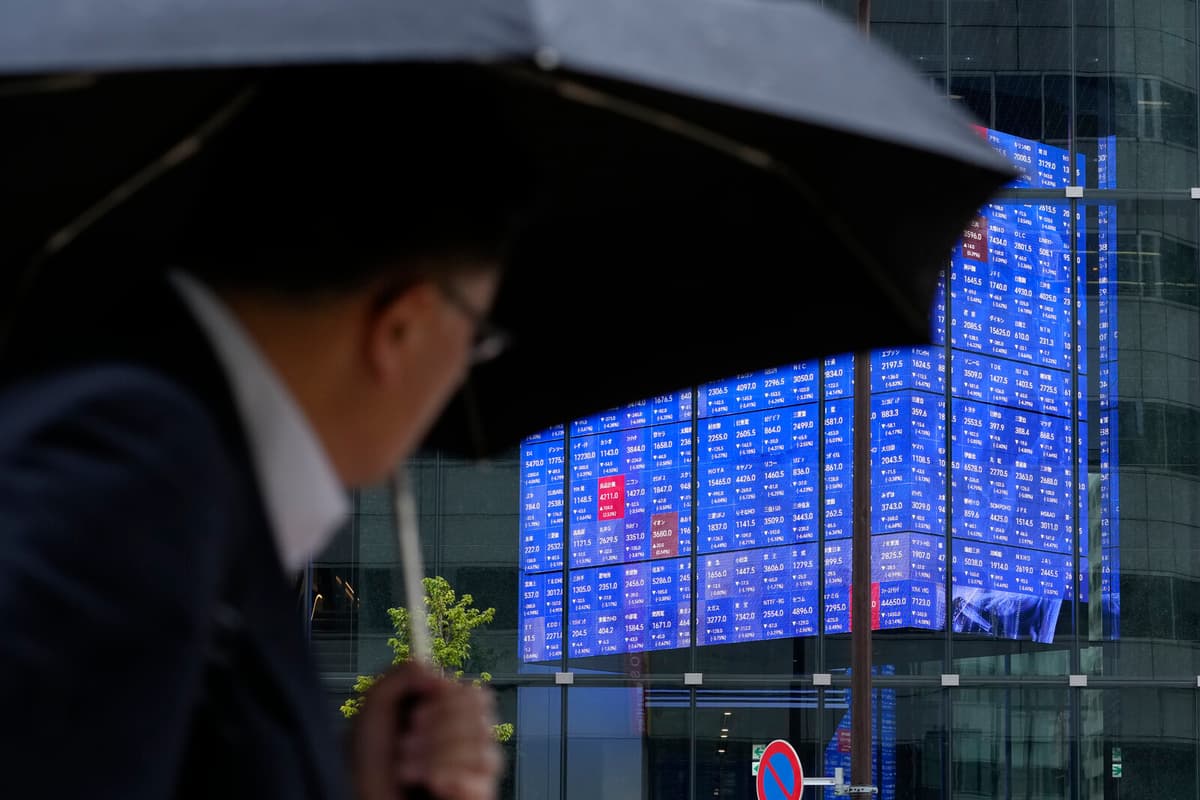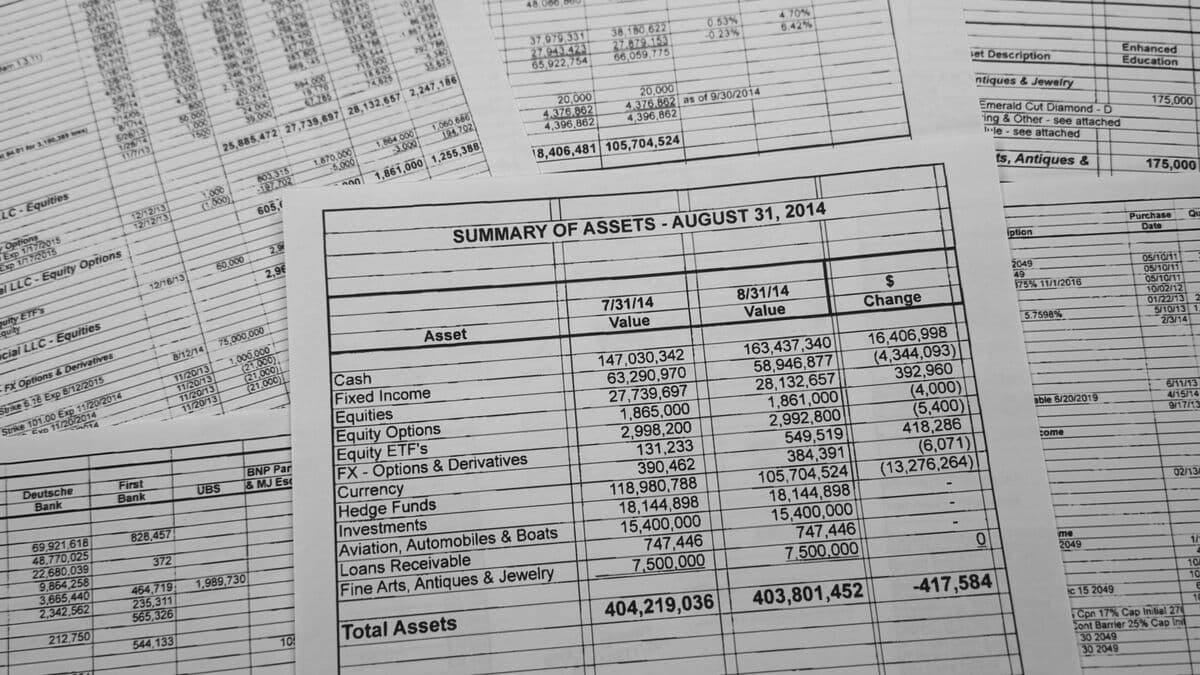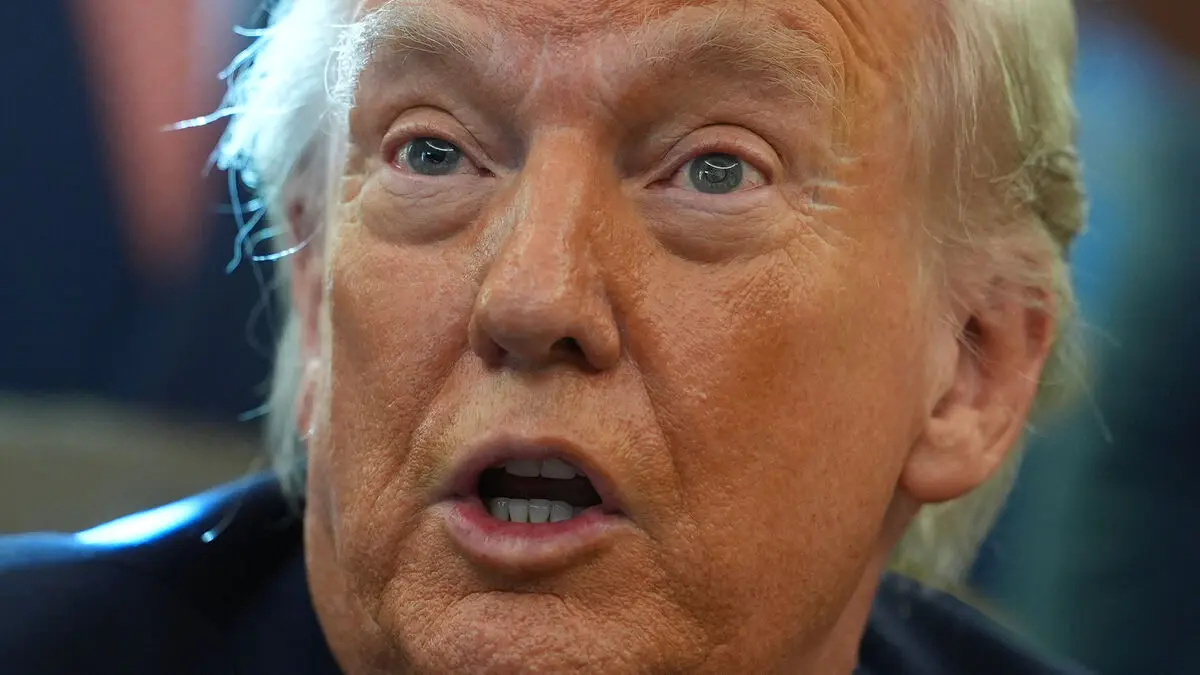The Tokyo Stock Exchange's Nikkei 255 plummeted over 5 percent at the opening, after the important index surged 9.1 percent on Thursday following Donald Trump's announced 90-day tariff pause.
The broader Topix index also fell in the same magnitude in Friday's early trading. The Japanese indexes later recovered somewhat and stood at 4.2 percent when investors took lunch.
South Korea's Kospi index was simultaneously down 1.2 percent.
The export-heavy Nikkei is weighed down by the Japanese yen, which is often seen as a safe haven in times of turmoil, strengthening more than 2 percent against the dollar overnight to Friday.
Cautious in Hong Kong
The Hong Kong Stock Exchange did not fall as heavily, with the Hang Seng index fluctuating between a half percent plus and nearly one percent minus, standing at minus 0.4 before lunch. The composite indexes in Shanghai and Shenzhen traded near zero.
Investors in China are waiting for news from Beijing about stimulus measures to alleviate the effects of US tariffs.
The world's stock exchanges are characterized by uncertainty surrounding Trump's tariff plans, as well as the effects of what is described as a trade war between the US and China.
Escalated against China
Trump has partially paused his plans for more severe and sweeping tariffs against the rest of the world, but with one major exception. Against China, he has instead escalated with tariffs of 145 percent.
China has responded with statements that the country is ready to "fight to the end" if the US continues the trade conflict.
The leading stock indexes on Wall Street fell again on Thursday, after Wednesday's relief rally. The broad S&P500 index lost 3.5 percent, the tech-heavy Nasdaq composite index fell even more, down 4.3 percent, while the Dow Jones industrial index fell 2.5 percent.
There will be a transition cost and transition problems, but in the end, it will be beautiful, Trump said about his tariffs on Thursday.






